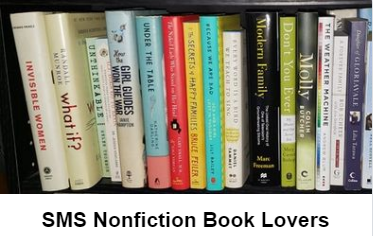Stars: ****
I thoroughly enjoyed reading Tomorrow’s Baby. I learned lots of new things such as the fact that the ova (egg) is always fertilized when sperm are about but the woman’s body sometimes aborts it because of the male cells. The woman’s body thinks it’s an intruder. Also that at only 28 days old, when the embryo is only 1/4 inch long, the blood vessel that will become the heart begins to beat and the three primary parts of the brain have formed.
Unlike another reviewer, I found the talk about homosexuality interesting. I don’t believe that the author is saying homosexuality is bad, but it isn’t the norm. I found it intriguing to learn that homosexuality may be caused by stress during pregnancy because that would prove that homosexuals have no control over their feelings.
Another review mentioned the author saying that stress, trauma, depression, abuse and the like during pregnancy causes mental health troubles in the child later on. I don’t find that blaming. I don’t feel that because I was depressed during my pregancy, if my daughter turns out to have mental health issues it will be my fault. It’s not that concrete. Her health may or may not have something to do with my pregancy. The point of the research is to show that we need to implement some strategies to help those who are pregnant and poor/stressed/depressed/being abused and maybe in a few years the rate of mental health issues will decrease.
I especially enjoyed the summaries and key points at the end of each chapter. At times I had a hard time understanding the scientific talk but it wasn’t that advanced. I just needed a quiet corner to read uninterupted. It’s not a beginner’s book though.








